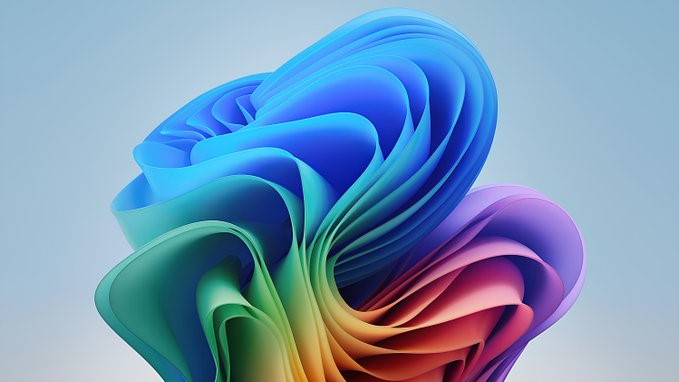Microsoft has gone too far: including a Game Pass ad in the Settings app ushers in a whole new age of ridiculous over-advertising
Ads in Windows 11 settings are coming next month

Sign up for breaking news, reviews, opinion, top tech deals, and more.
You are now subscribed
Your newsletter sign-up was successful
Windows 11 is getting out of hand with its push for advertisements, frankly - remember the recent full-screen pop-up to persuade users to install Edge or other Microsoft services? Then another ad was placed in the Start menu, and now Microsoft has finally worn my temper thin - with a new Game Pass ad coming to the Settings app.
This will likely arrive in the July update for Windows 11, or at least it’s almost certain to do so. It was present in the latest preview update Microsoft just released for the OS (and quickly paused due to a bug, but that’s another story). It’s also worth noting that the ad has been present in earlier test versions of Windows 11.
You can call it a ‘recommendation’ if you’re feeling kind, but the veiled advertisement for Game Pass appears for Windows 11 Home and Pro users who actively play games on their rig, as Windows Central reports.
Microsoft’s bid to further monetize the operating system seems to be going down the route of smaller, less conspicuous ‘recommendations’ or suggestions like this, which are happening more often, and my worry is that they will become even more frequent and annoying.
Taking it too far...
In my opinion, things have already gone too far. The attempt to blur the line between a recommendation and an ad makes the whole thing feel rather disingenuous. Yes, one could argue that Microsoft is (at the moment) only recommending its own products that could make the lives of Windows 11 users easier or more interesting, but who’s to say it will always stay this way? Once some kind of broad acceptance has been established with the Windows user base, the fear is that Microsoft might push boundaries in the future.
I’m thinking about third-party app ads, which have already crept into some corners of Windows 11 - will these inevitably become more prevalent? And could Microsoft’s use of them even trigger similar moves from rivals? Might I turn on my Chromebook in a few months - well, okay, years - and be bombarded with ads for things I don’t want or care for?
Another thing that bothers me is that it’s not like these ads will appear in some obscure corner of Windows 11. Think about how often you open your Settings app and consider how aggressive this level of advertising really is in the grand scheme of things. Are you going to have to deal with a full-screen ad when you’re trying to open File Explorer eventually?
The problem is that you aren’t renting your PC - you own it, or maybe it’s a work device, but whatever the case, you, your company, or your boss have already paid for Windows. Given that, implementing inescapable ads diminishes your ownership experience - kind of like how you have to sit through ads on YouTube to watch free content. Except Windows 11 isn’t free - and if I have to navigate a maze of ads to change my wallpaper or check on an update, I’m not going to be pleased about it.
Sign up for breaking news, reviews, opinion, top tech deals, and more.
Microsoft better watch how it treads here, and keep these kinds of ads to a minimum if it doesn’t want to turn the Windows 11 user base against it - though I have my doubts that the company will.
You might also like...

Muskaan is TechRadar’s UK-based Computing writer. She has always been a passionate writer and has had her creative work published in several literary journals and magazines. Her debut into the writing world was a poem published in The Times of Zambia, on the subject of sunflowers and the insignificance of human existence in comparison.
Growing up in Zambia, Muskaan was fascinated with technology, especially computers, and she's joined TechRadar to write about the latest GPUs, laptops and recently anything AI related. If you've got questions, moral concerns or just an interest in anything ChatGPT or general AI, you're in the right place.
Muskaan also somehow managed to install a game on her work MacBook's Touch Bar, without the IT department finding out (yet).